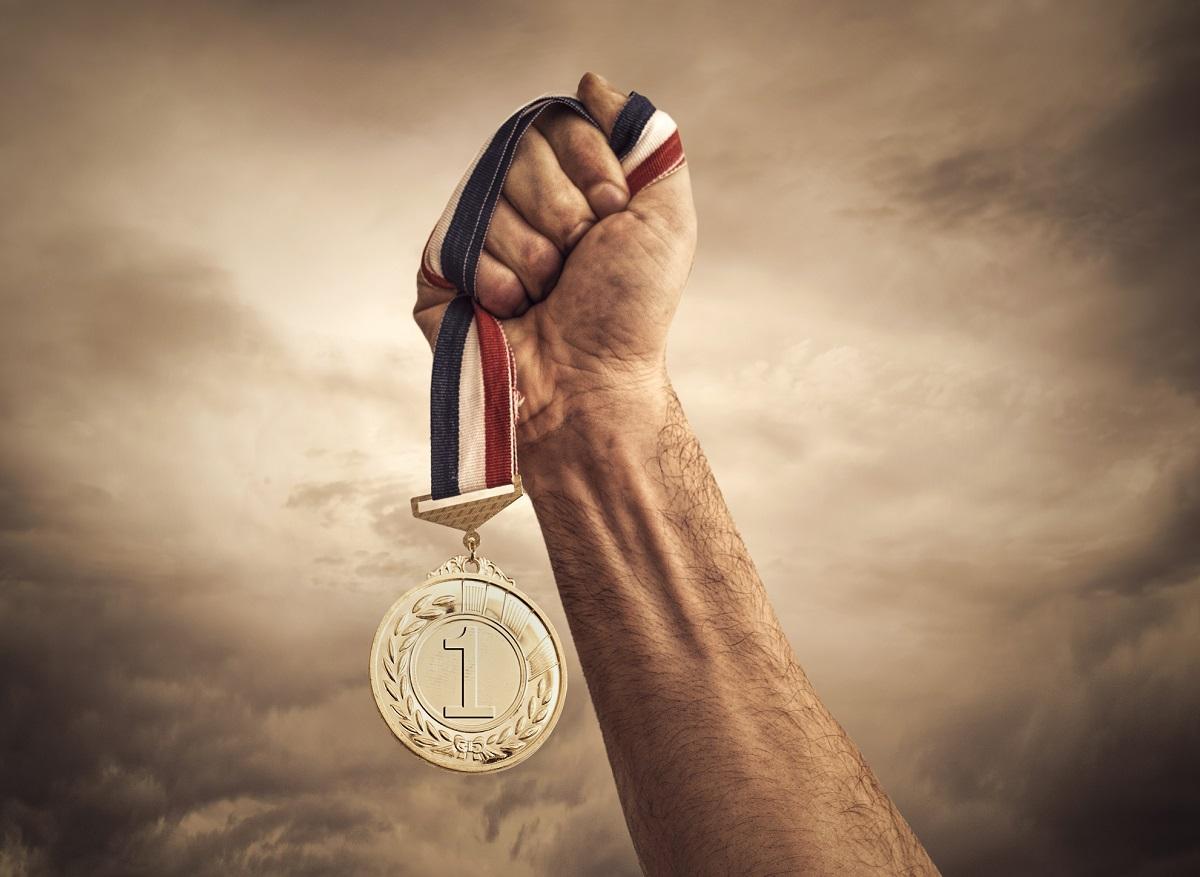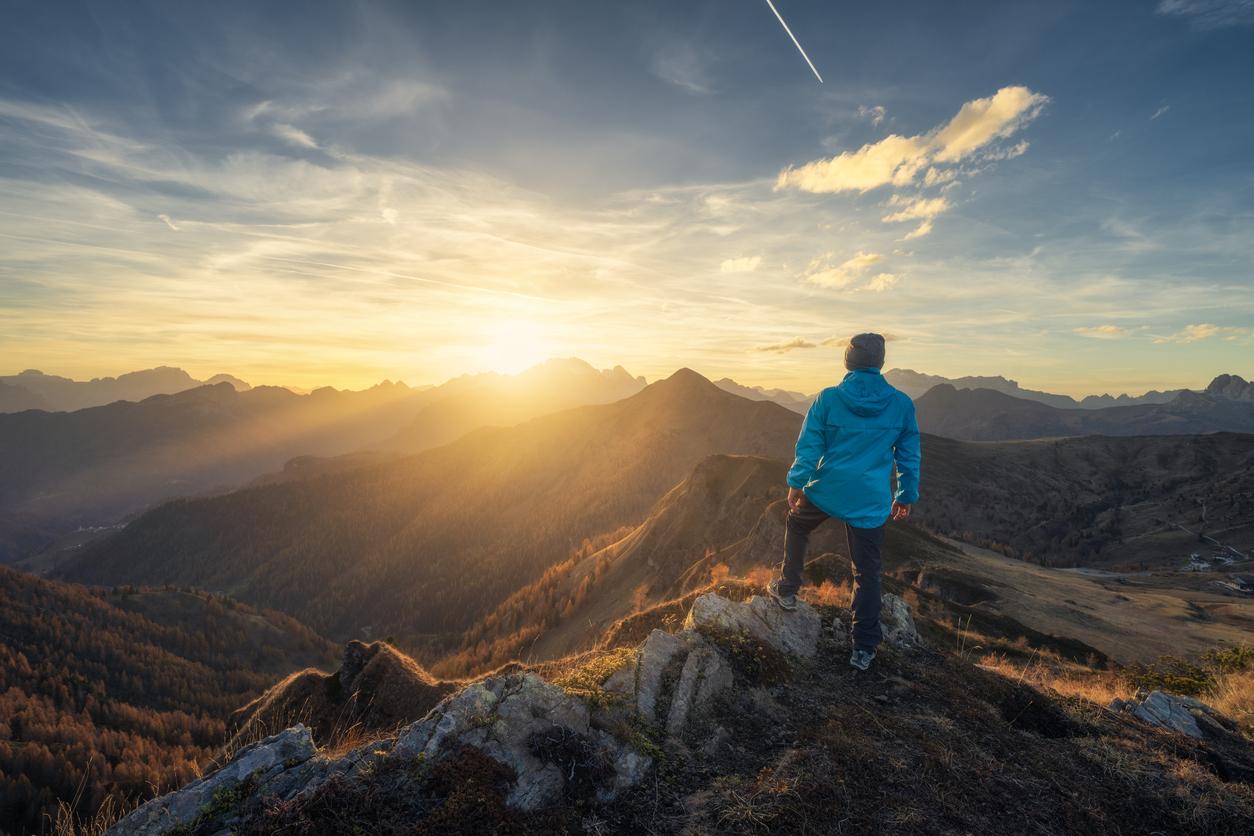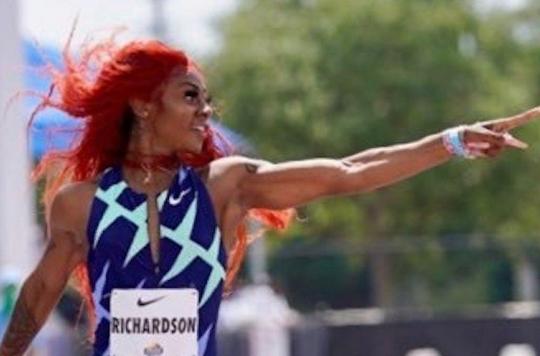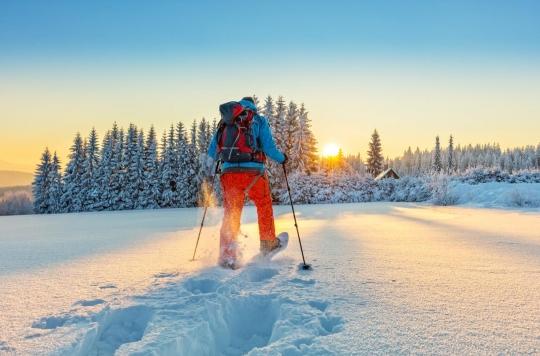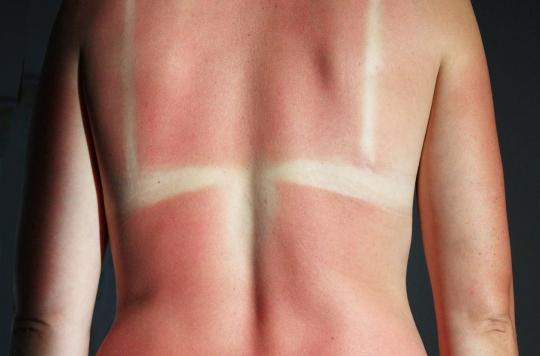To overcome the ordeal of Mont-Blanc, more than 35% of climbers take a diuretic or a hypnotic. Medicines far from harmless.

To climb Mont-Blanc, it is better not to be afraid of facing the altitude, the cold, the snow and the ice. While good preparation is essential, more than one in three mountaineers choose to help themselves a little with doping products, reveals a french study published this Thursday in the review Plos One.
The “roof of Western Europe”, perched at 4,808 m, is one of the most difficult peaks to climb. Impressed, amateur mountaineers would resort to drugs to boost their performance. Finally, according to the rumors circulating in the valley. After hearing about it, Professor Paul Robach, physiology researcher at the National School of Skiing and Mountaineering (ENSA) in Chamonix, and high mountain guide wanted to find out.
With his team, he then installed state-of-the-art urinals in 9 shelters at Goûter (3,845 m) and Cosmiques (3,615 m) capable of collecting urination from men who came for the night. From June to September 2013, posters plastered at the toilet doors warned climbers that their urine was “likely to be collected at random”.
Diuretics, hypnotics, corticosteroids …
In total, more than 430 samples were analyzed, free of charge, by the French Anti-Doping Agency (AFLD) and the anti-doping laboratory in Rome. Result: at least one drug is found in 35.8% of the samples. Diuretics such as acetazolamide prescribed for mountain sickness, and sleeping pills are the drugs most popular with mountaineers. Next come corticosteroids and stimulants.
In view of their drug intake, the candidates for the summit of Mont-Blanc do not want to turn into a competitive athlete. Indeed, the molecules detected are aimed more at preventing altitude sickness than at improving their physical performance. Still, these treatments are not without consequences, particularly hypnotics likely to impair alertness and promote drowsiness.
French researchers also point to the simultaneous use of several drugs, found in 33 samples. The diuretic-hypnotic cocktail is in fact not recommended in the mountains. Likewise, heavy diuretic consumption can lead to severe dehydration. For Professor Paul Robach, these treatments represent “a not necessarily healthy medicinal crutch” which mountaineers could do without.

.









